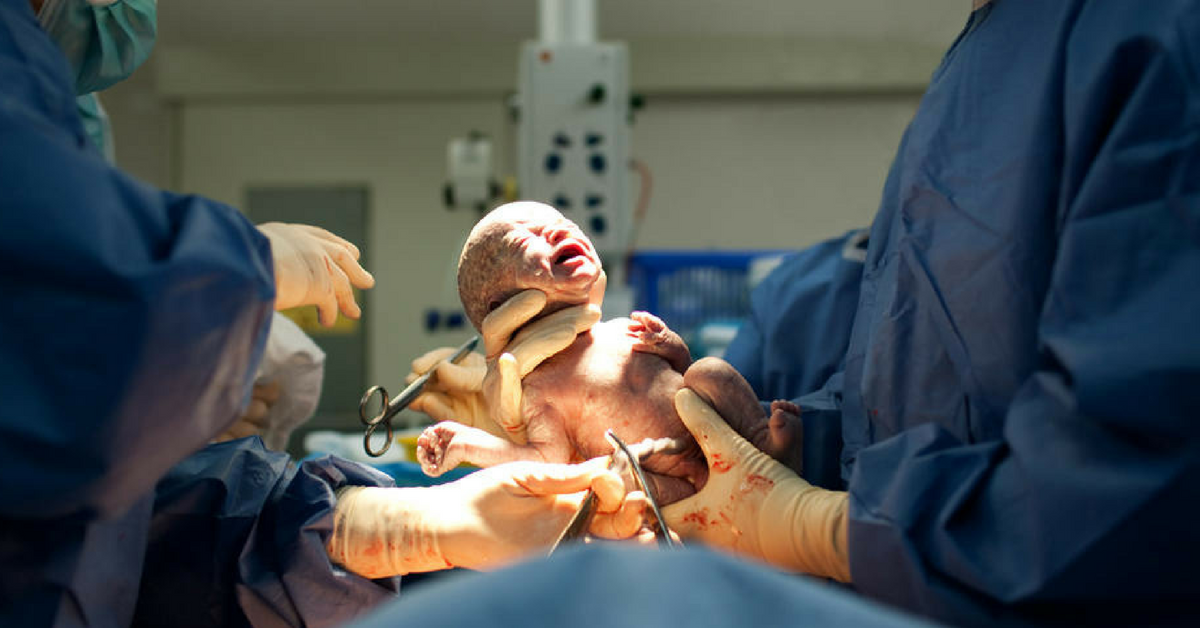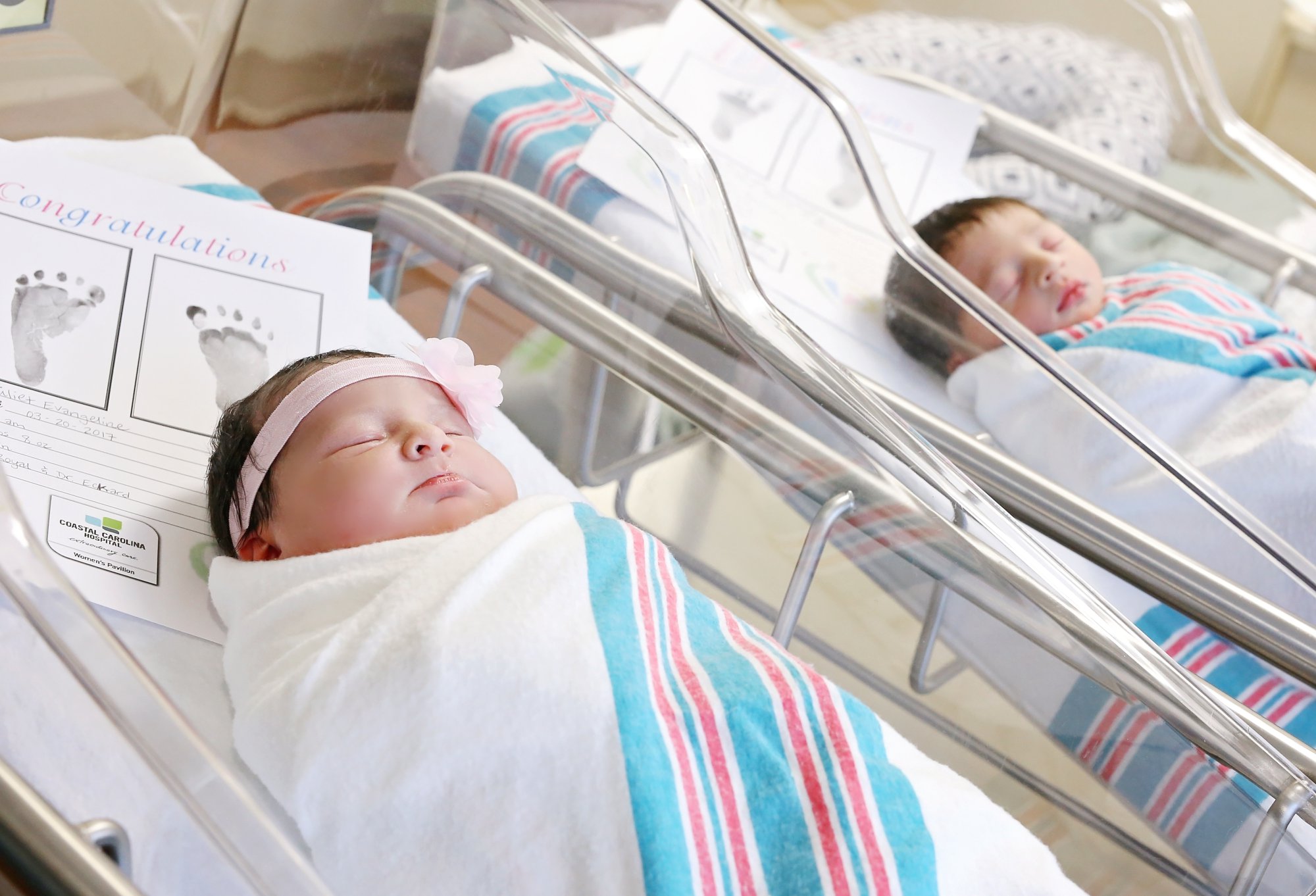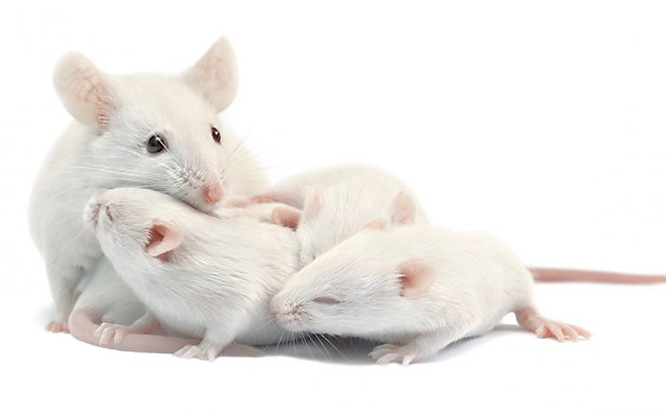For a handful of overweight people, the extra cheeseburger you eat may not be the cause of your obesity.
The American Journal of Clinical Nutrition has reported babies born through caesarean section are more likely to become obese in adulthood.
With a sample of 2057 participants between the ages of 23 to 25, the study says 15.2 percent of those delivered by C-section were obese compared to 10.4 percent who were born naturally.
Researchers looked at other mitigating factors, such as the subject having a heavier birth weight and the income and education levels of their parents.
Even these components, the study proved C-sections remained linked to a 58 per cent increase in the risk of adulthood obesity.
A similar study took place New York University, with even more eye-opening results.
A recent report published in Science Advances, found similar results in mice. Researchers observed 69 mice, 34 of whom were born through c-section.
After tracking the mice's body weights and analyzing their intestinal bacteria until maturity, they found the rodents who were born by C-section put on about 30 per cent more weight.
The extra grams were more prevalent in female mice who were delivered by C-section, having gained 70 per cent more weight than the mice born vaginally.
The staggering difference is credited to a contrast in the bacteria found in the stomachs of the two groups of mice. The microbiome, which houses such bacteria, in mice born vaginally progressed normally throughout the course of the study.
The study's author, Dr. Maria Dominguez-Bello hopes this study brings to light the rise in C-sections, which she cites as being frequently conducted even when unnecessary.
"The question of whether a baby's founding microbiome affects its future obesity risk becomes more urgent as c-sections are increasingly used by choice in many parts of the world," she says.
However, Phillip Bennett, a professor at Imperial College in London, isn't convinced these results are relevant to humans.
Mice have a diverse range of vaginal bacteria, the vaginal microbiome in humans is heavily dominated by a single strain, Bennett says.
"You're 1.3 times more likely to be obese if you're delivered by Caesarean section than vaginally," he says.
He argues the statistic may be influenced by the fact women who are older, obese or are pregnant with larger babies have a higher chance of requiring the operation.
According to Centers for Disease Control and Prevention, 32 per cent of births in the U.S. were delivered by c-section.



